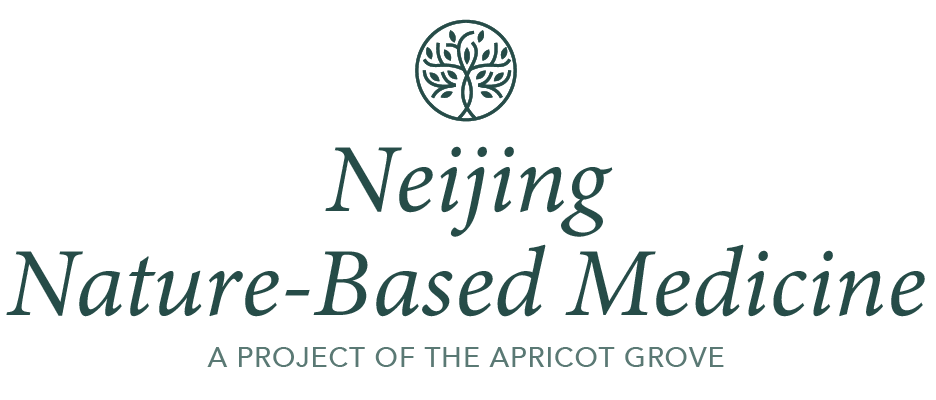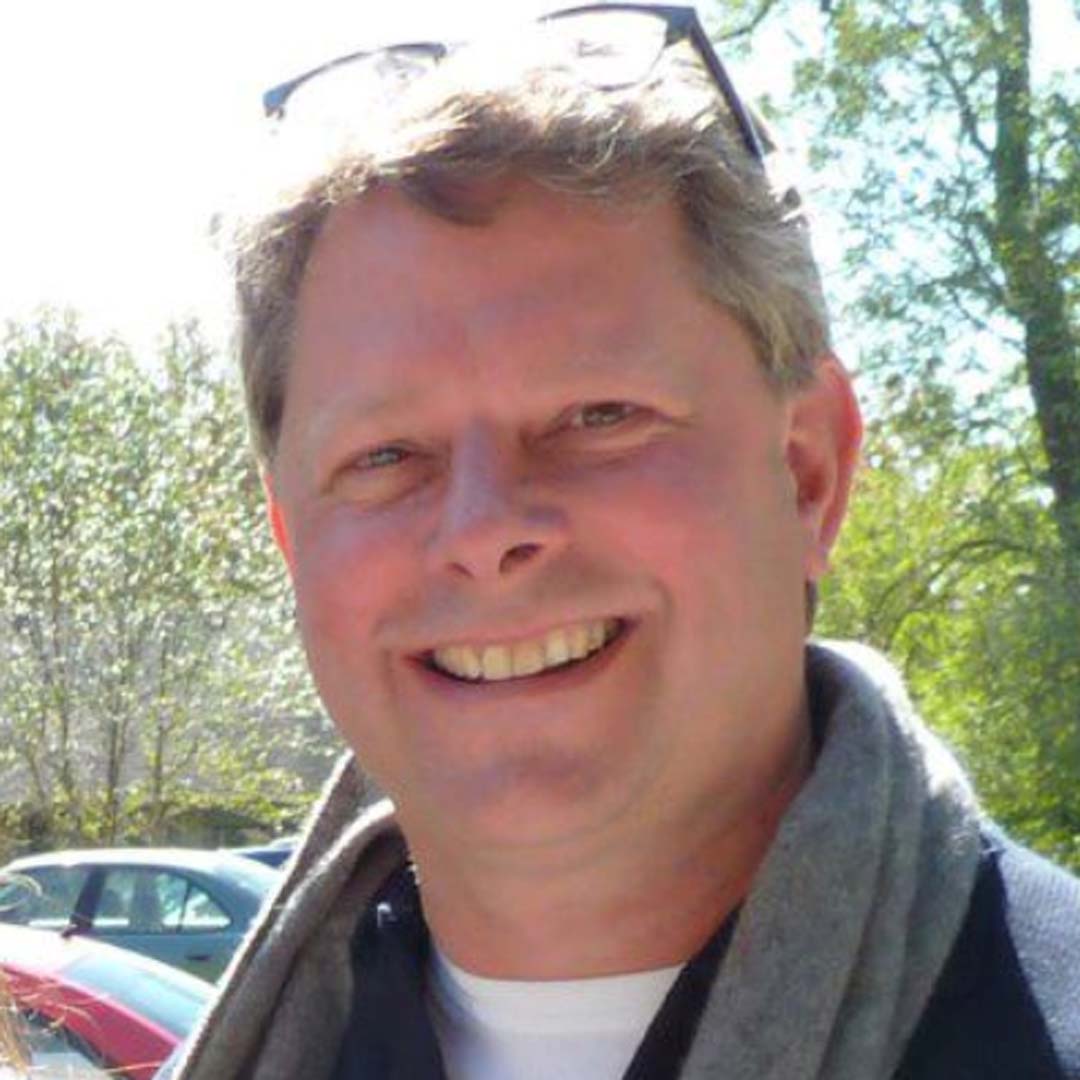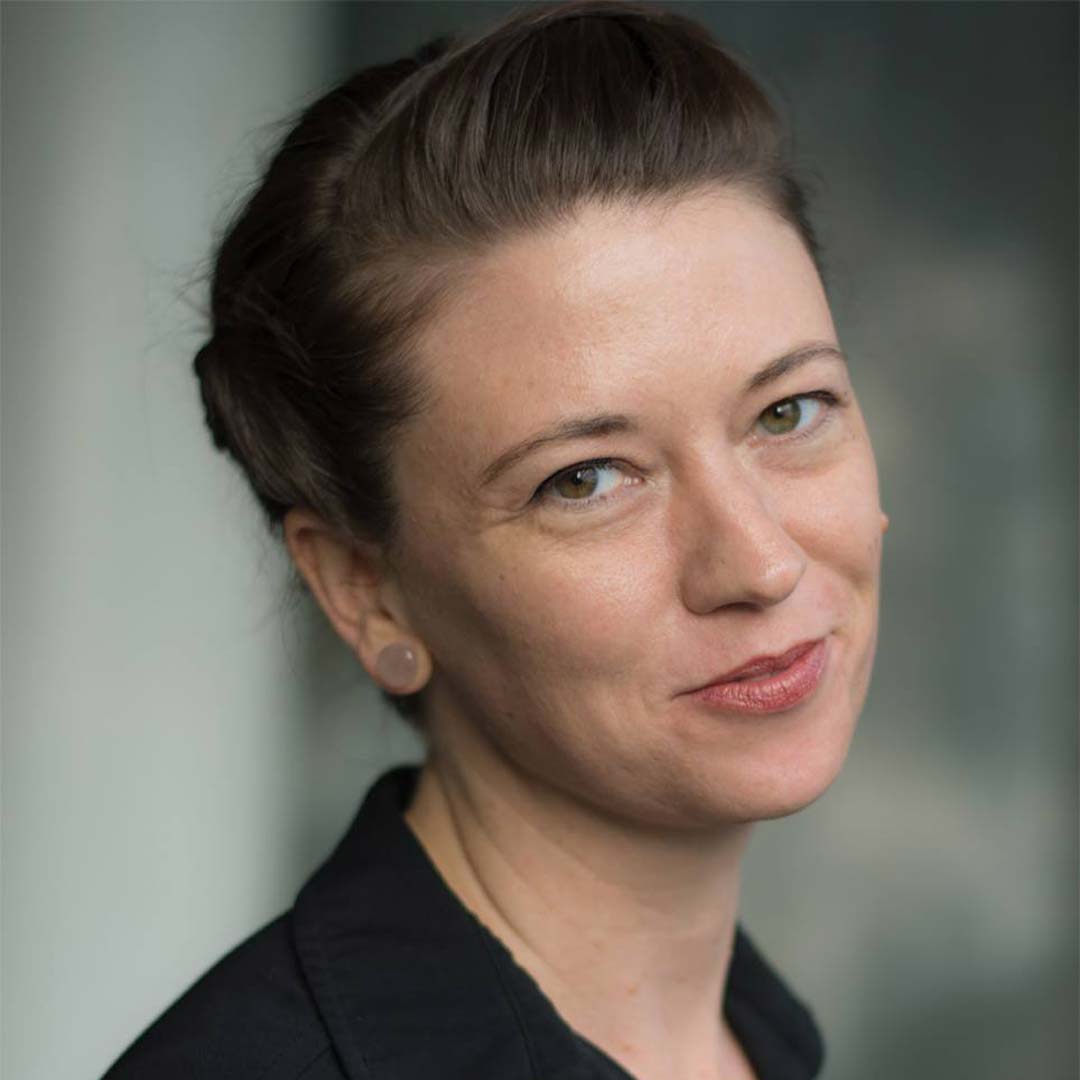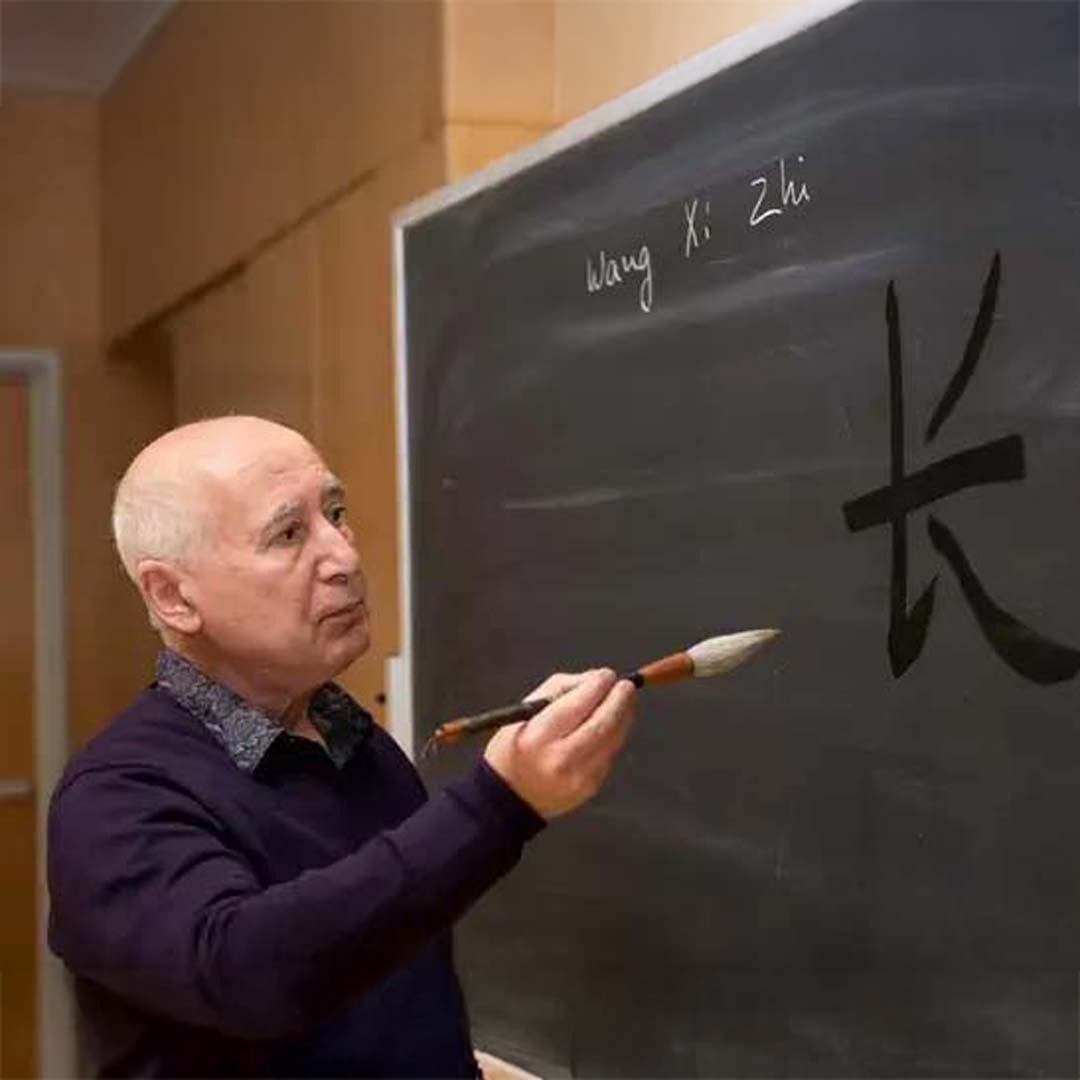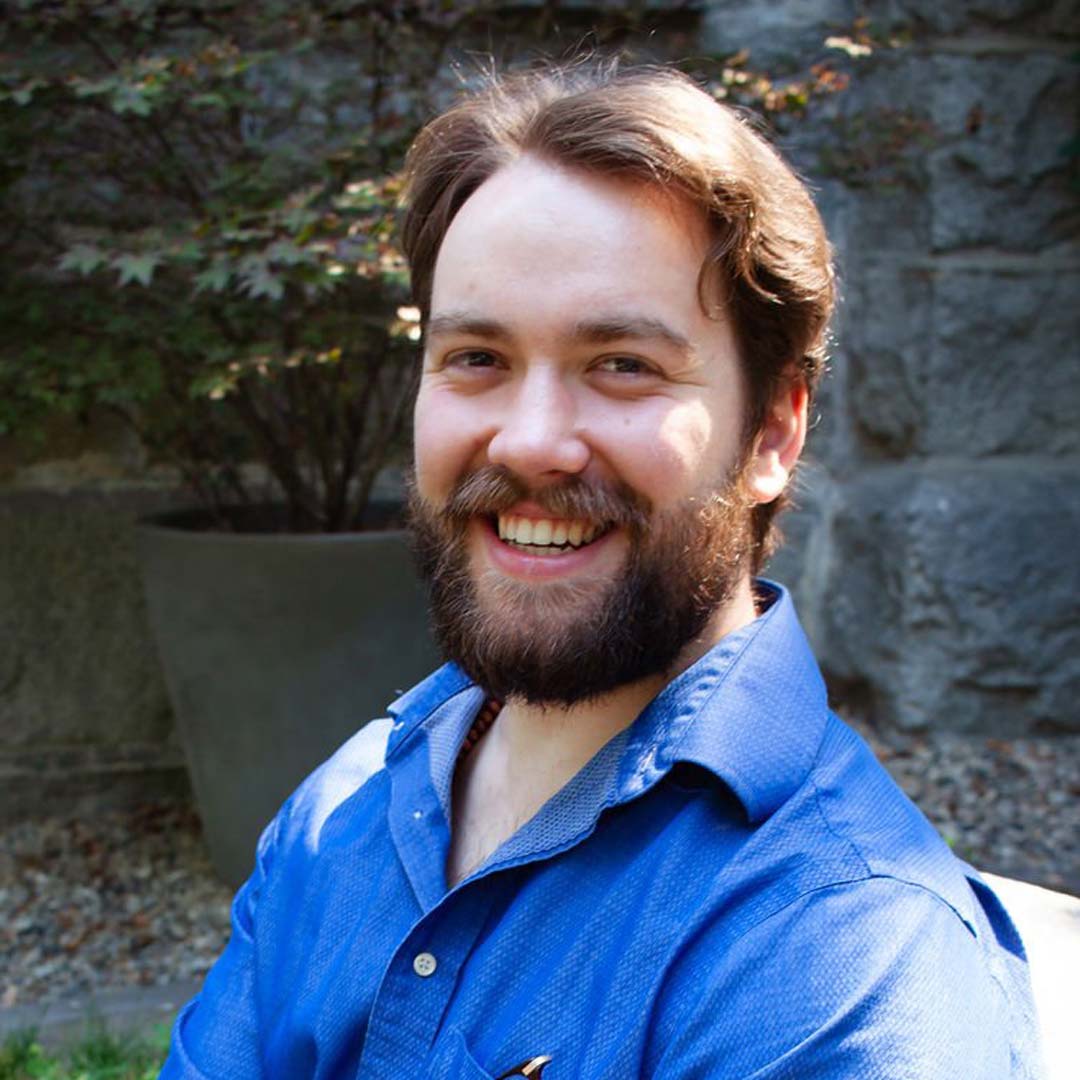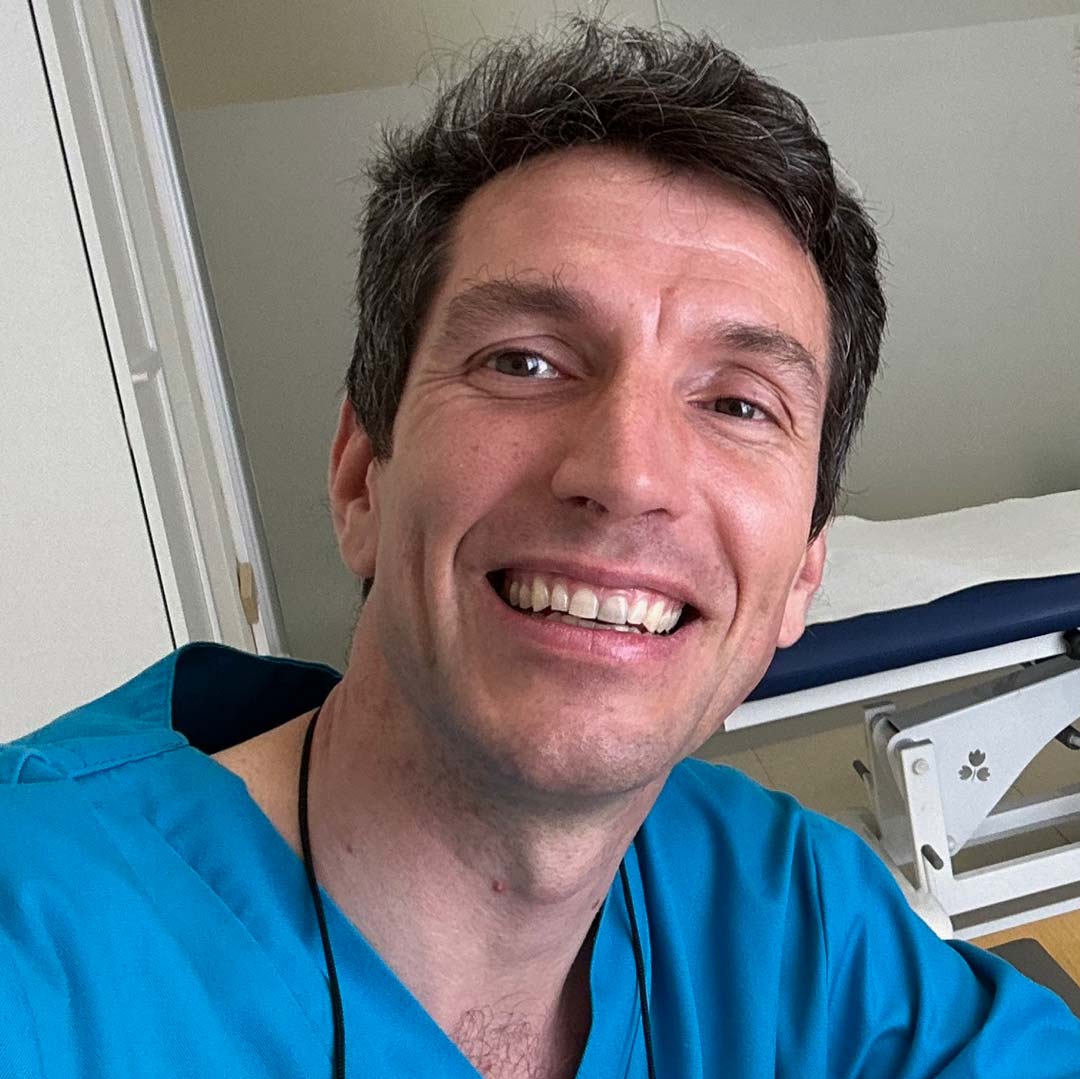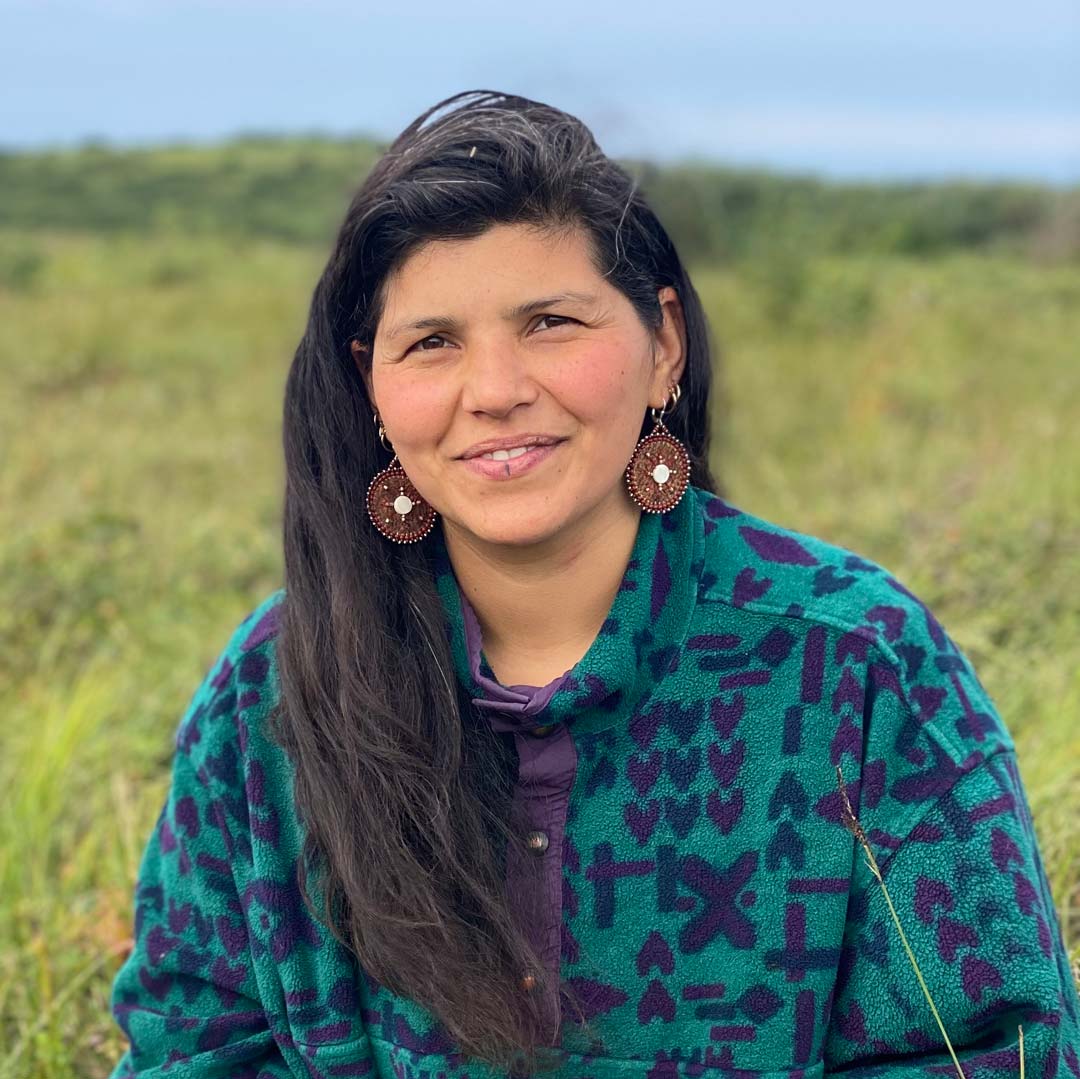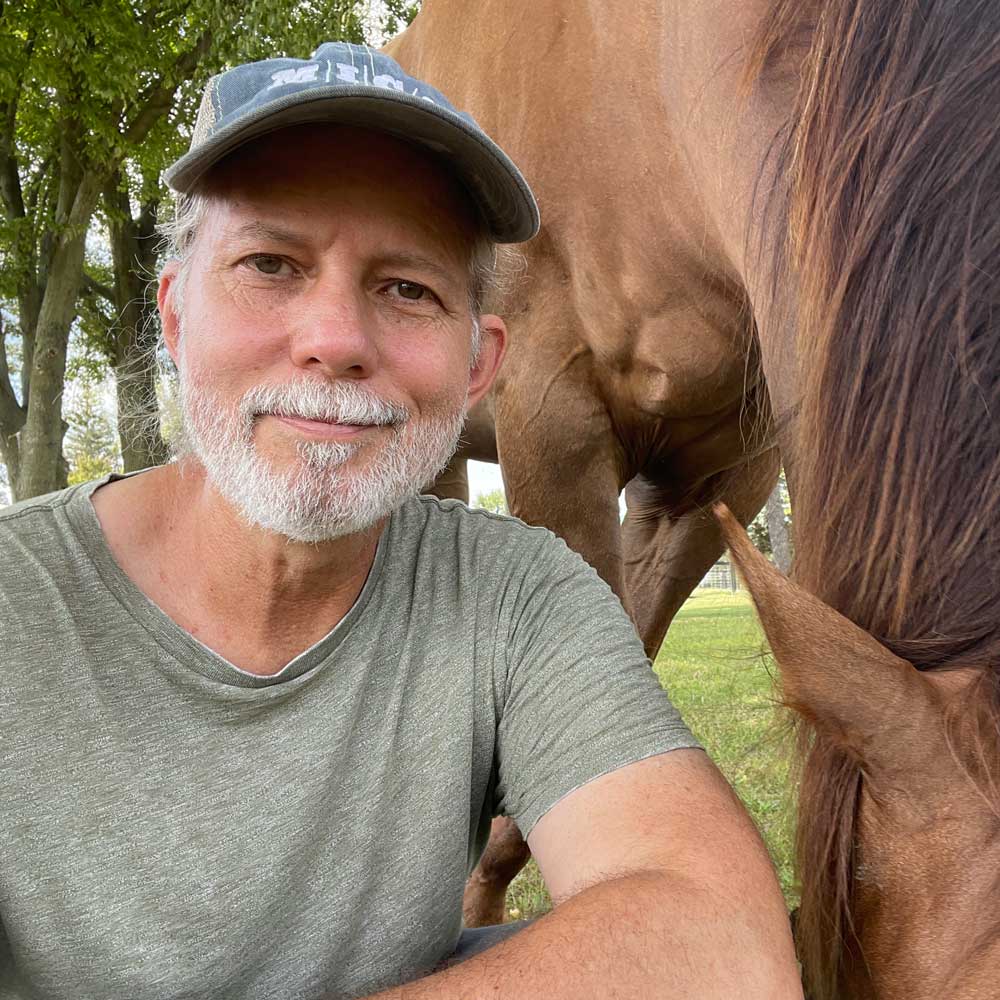Who We Are
The Apricot Grove is an engaged community that brings together individuals from diverse backgrounds—healthcare professionals, scholars, scientists, artists, and more. United by a shared purpose, this community is dedicated to fostering human transformation and promoting global well-being through the exploration and preservation of traditional medical knowledge and practices.
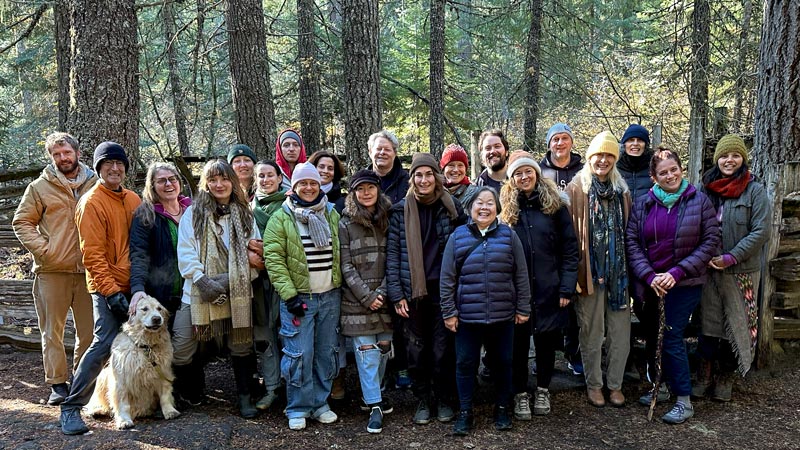
The Apricot Grove
The Meaning of “Xinglin”
In Chinese, the term Xinglin (Apricot Grove) symbolizes compassionate and skilled medical care, delivered with an open heart to improve the world. This term originates from Dong Feng, a renowned physician of the Three Kingdoms period (220–280 C.E.), whose altruistic practice left a lasting legacy.
Rather than requesting monetary payment, Dong Feng asked his patients to plant apricot trees—one for minor illnesses and five for severe cases. Over time, his initiative resulted in a grove of over 100,000 trees. Wealthy visitors who gathered apricots were asked to donate rice, which was then distributed to those in need. Through his medical expertise and generosity, Dong Feng not only healed individuals but also supported his community.
Today, the term Xinglin continues to serve as a powerful symbol of medical excellence, ethics, community support and the profound connection between nature and healing.
Our Mission
We train highly knowledgeable and skilled healthcare professionals through a comprehensive study of the original sources of Chinese medicine and the principles of nature’s design.
